Noel Pearson’s Empowered Communities model could be new voice, says Sean Gordon
A key referendum working group member says the Empowered Communities model could act as a voice in Indigenous communities across the country.
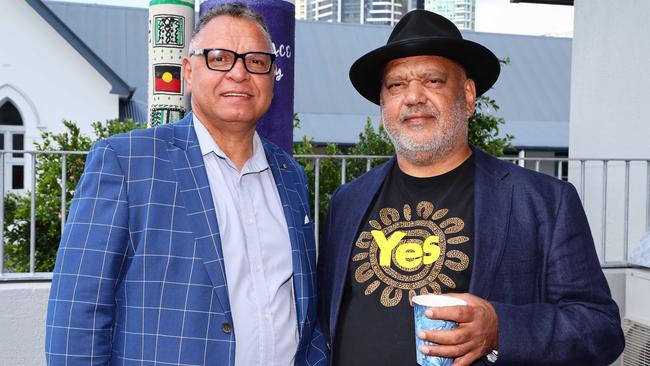
Indigenous leader Sean Gordon has urged the Albanese government to roll out the Noel Pearson-led Empowered Communities model across the country to become an independent, non-legislated voice for Aboriginal and Torres Strait Islander people.
In the wake of the failed voice referendum, Mr Gordon, a businessman who co-convened Liberals for Yes and was a member of the government’s referendum working group, said the wheel didn’t have to be reinvented.
Empowered Communities, which was backed in by former prime minister Tony Abbott and has received bipartisan support, had proven its success for more than 10 years.
Mr Gordon also appealed to the corporates that backed the voice referendum to move beyond transactional relationships with Indigenous people and directly support communities to help them achieve practical outcomes.
The call to scale up Empowered Communities comes as the government weighs a letter believed to have the support of most or all of the more than 80 Indigenous organisations in the Coalition of Peaks, headed by Pat Turner.
It is a separate letter from the statement from Indigenous leaders and organisations released on Sunday that said Australians who voted no had committed a shameful act, knowingly or not.
The second letter lists practical steps the government should take now to help reduce disadvantage.
A draft seen by The Australian includes a request for the government to reaffirm its commitment to, and renew its investment in, the Closing the Gap national agreement signed by all governments in 2020.
That was a promise to work in partnership with Indigenous organisations to end disparity.
It also asks for legislation to back alcohol restrictions in vulnerable communities, in keeping with a new national plan to reduce violence against Indigenous women and children.
Some requests on the list have been made many times, such as implementation of all recommendations of the Royal Commission into Aboriginal Deaths in Custody that concluded in 1991.
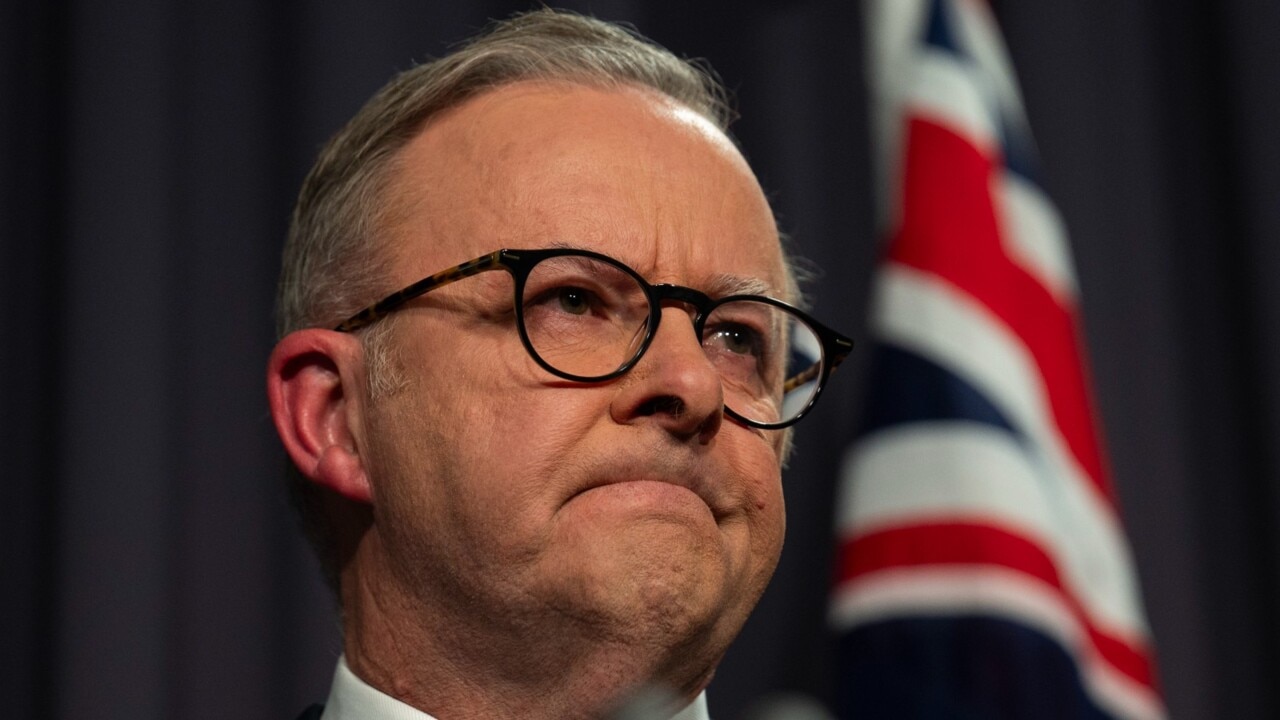
The Australian understands the Indigenous leaders in Empowered Communities have not written to the Prime Minister since the referendum but are preparing to meet to discuss the next steps.
Empowered Communities puts Indigenous people from very remote areas in the same room as decision-makers from government. While there have been some good results, the organisation believes it needs a broader commitment from all levels of government.
Mr Gordon, chair of Empowered Communities from 2013 to 2019, said the model should be expanded around Australia because it was based on communities stepping up and taking responsibility.
Its framework could work as voice independent of the Constitution or legislation, he said, as floated in the public letter sent to Anthony Albanese on Sunday and endorsed by Mr Gordon and more than 60 Indigenous leaders.
“When government try and lead reform and community don’t have buy-in or ownership, you don’t have any outcome. You get massive financial investment with no result or outcomes,” he said.
“Empowered Communities, for me, is the only structure or model I’ve seen that brings community, corporate and government to the table. I’ll be doing everything … to be able to support the expansion of the … model across to other communities and regions so they can then step up and be supported.”
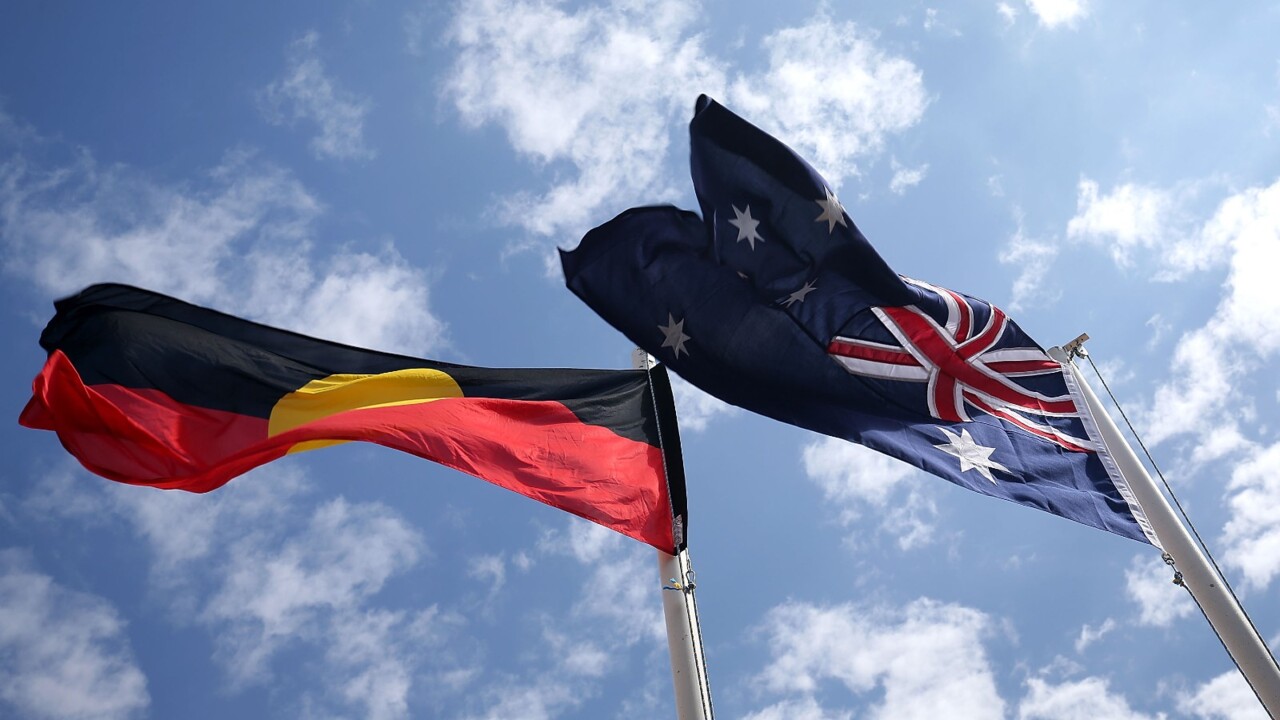
Empowered Communities began in 2013 when Indigenous leaders from eight remote, regional and urban areas devised a new partnership with government and business to give Aboriginal people control to develop and introduce local reforms for their communities.
Its agenda, on an opt-in basis, now covers 10 regions: Cape York in Queensland, central coast and inner Sydney in NSW, East and West Kimberley in Western Australia, Goulburn-Murray in Victoria, Far West Coast and Ngarrindjeri Ruwe in South Australia, Northeast Arnhem Land in the Northern Territory, and the NPY Lands in Central Australia.
Mr Gordon, an adviser to corporations such as the Commonwealth Bank, helped draft the Sunday public letter from Indigenous leaders behind the Yes campaign and stood by it, saying the referendum outcome was a shameful act, and Indigenous people were feeling hurt. “People that have taken that (the letter) a bit hard, tough luck. It is what it is. I reached out to my communities, this is how they felt,” he said.
Mr Gordon doesn’t believe constitutional recognition is dead but said Aboriginal and Torres Strait Islander people wouldn’t accept symbolic change.

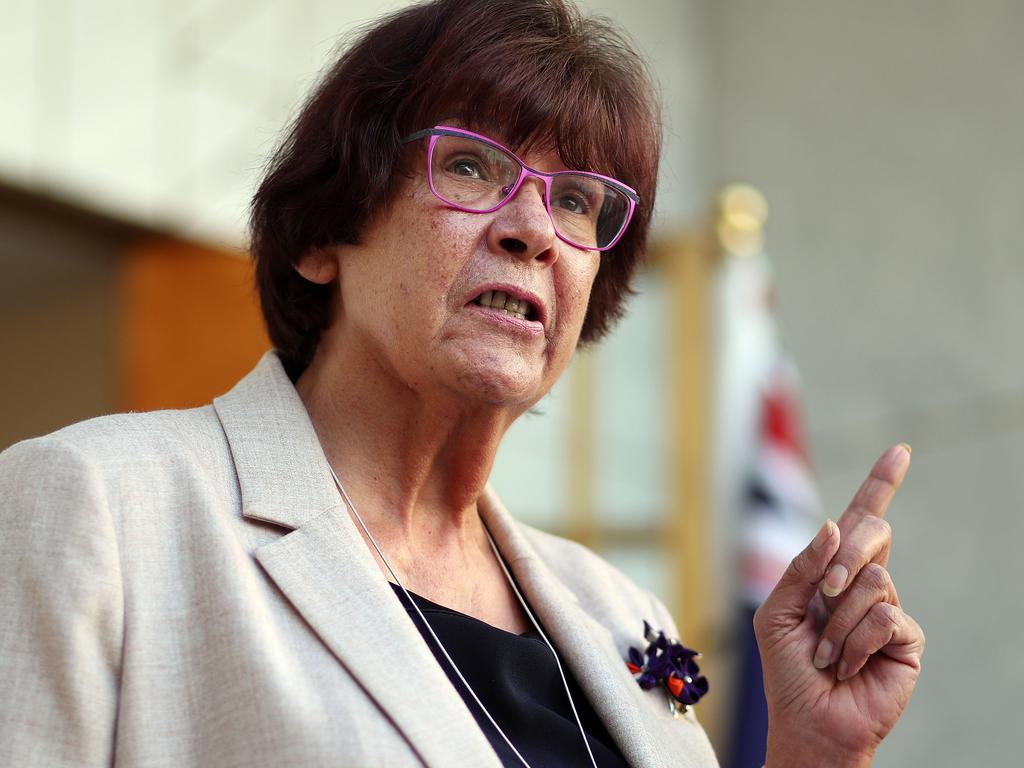
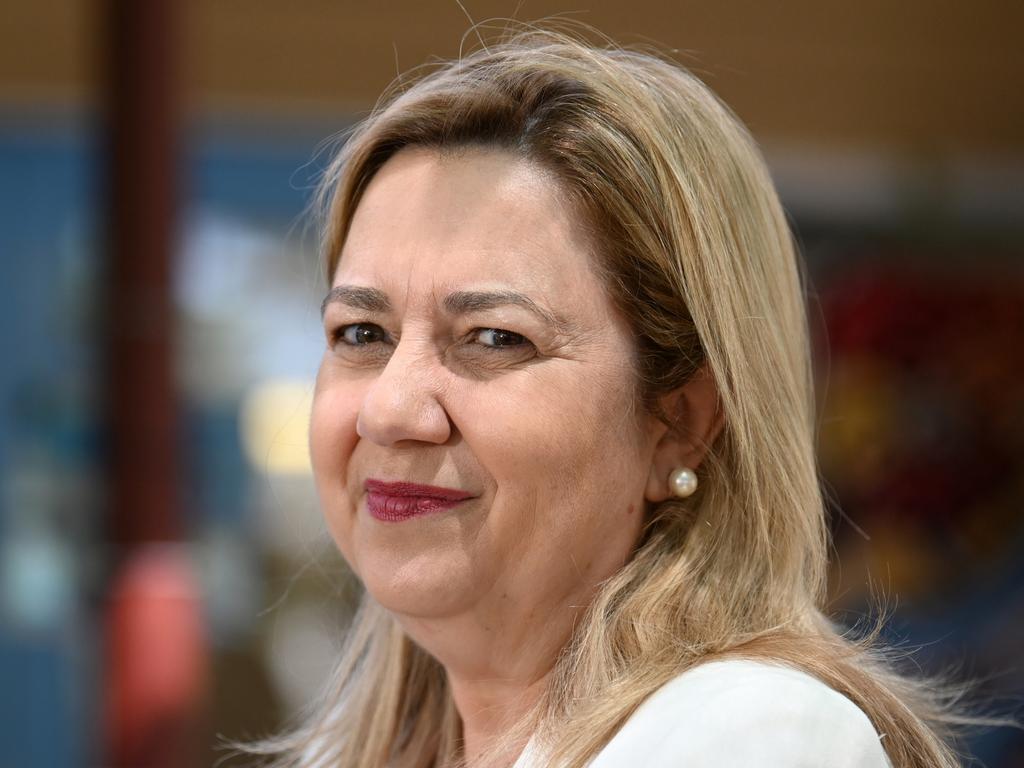




To join the conversation, please log in. Don't have an account? Register
Join the conversation, you are commenting as Logout